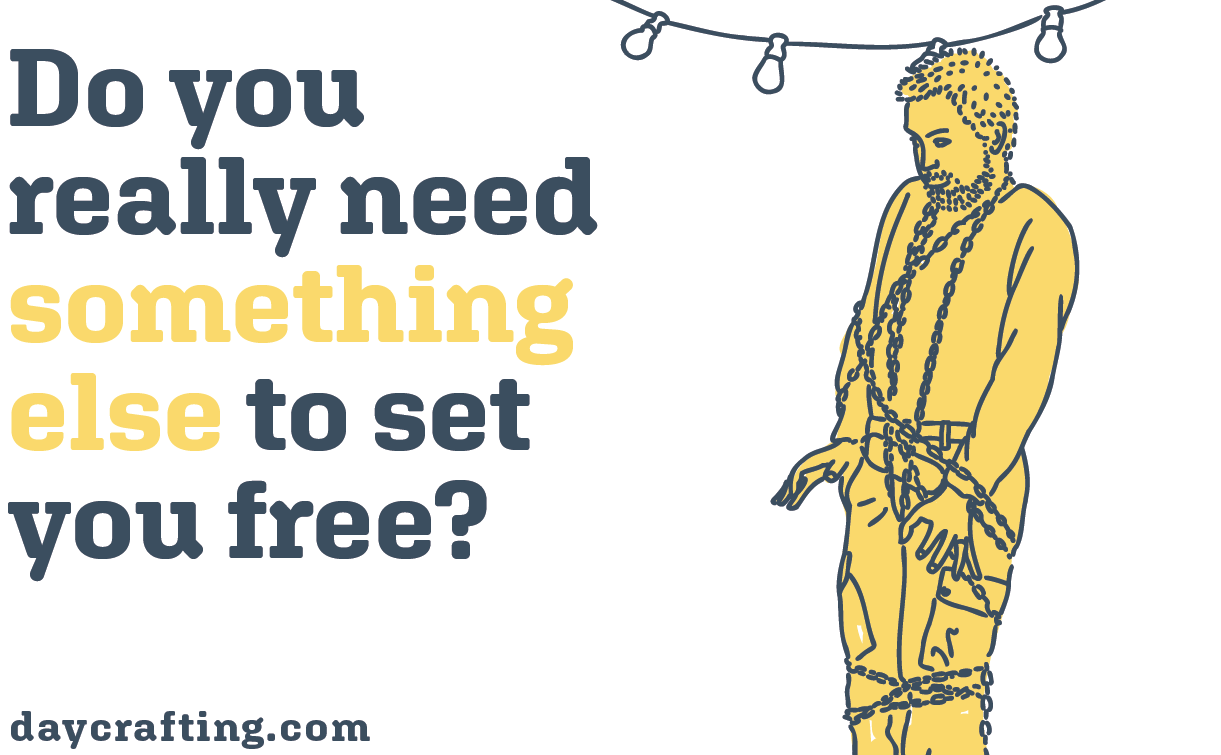Crafting freedom from the hidden rules we allow to govern us
Last Wednesday the power went off. It was planned. Someone from the power company told us this was going to happen from 9am with power back estimated at 4.30pm. So, as a family all at home in lockdown we scheduled a special day of doing a lot of unplugged things. Including going for a walk after lunch. When we got back at 2.30 the power was back on early ... so what did we do?
The Practice
Work around your rules. If you can't escape them at least begin to use the time of the day to your advantage. For example, reserve energy during the day so that you're not too tired to do something creative in the evening. Try making decisions at different times; under 'work' rules or outside of them. Begin to explore what is involved with challenging or changing your rules in small ways, one day at a time. Prepare and schedule in advance time to do something you would normally feel uncomfortable doing. Negotiate with yourself. Permissive identity shift can happen quickly if you find the right way to craft the change.
Written by Bruce Stanley on Fri, January 22, 2021
Please share this
Related posts
Introductory Workbook – Learn Day Crafting at your own pace
Here is the first in a new Apprentice Series of Day Crafting workbooks. This works as a standalone course or as a compliment to the Day Crafting Apprentice Course – or as a refresher if you've completed the Day Crafting Apprentice Course. Further workbooks are available here.
In this post you will find some photos from the workbook, a free sample to download containing a range of example pages and a link to buy the book.
Setting intentions – the Day Crafting tool you’ll use most
Have you heard of a stitching pony? Every craft has ubiquitous tools, the potter's wheel, the smith's anvil, the carver's chisel – and the leatherworker has the stitching pony which is used to grip the material. To the Day Crafter the tool used most often has to be intention setting.Redesigning rest and unlocking energy use
Given that the human brain is constantly monitoring our energy budget and predicting our energy use and attempting to get us to balance output with restoration, it is perverse, but not altogether out of character, that the part of our brain that thinks it runs the show should come up with a notion such as, 'I'll rest when I'm dead'. Sometimes we choose to believe the dumbest ideas.
